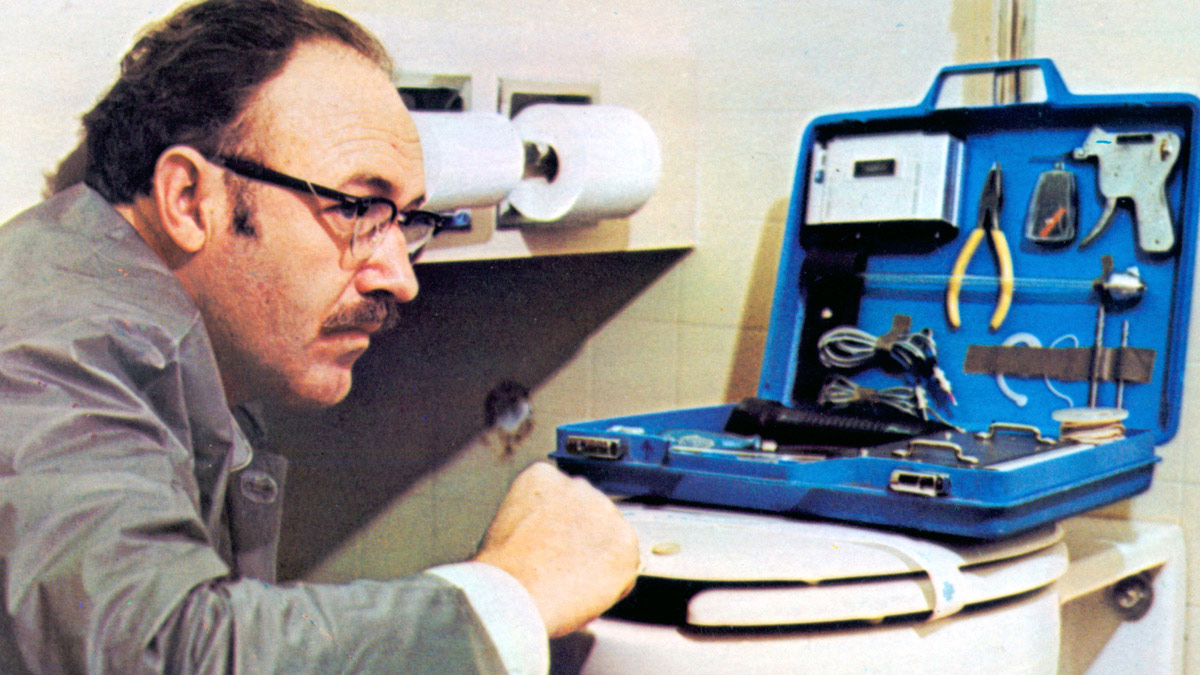
(c) Photofest / Getty Images
``The Conversation'' Coppola's 1974 work is a sharp warning for modern society.
2020.04.18
Influence from two works
Coppola has openly stated that this film was heavily influenced by two main works. One was Michelangelo Antonioni's Desire (66), and he even said, ``I wanted to reshoot my favorite movie in my own way.'' Like the photo taken by chance in ``Desire,'' this tape intercepted from the crowd becomes the key to the story, and as the image is repeated over and over again, we gradually get closer to the core.
Speaking of ``Desire'', it is also the source of `` Blow Out '' (1981) by Brian De Palma, a director of Coppola's generation, but De Palma interviewed Coppola when ``The Conversation'' was released in 1974. It is carried out.
De Palma admits that Blow Out is a tribute to The Conversation, but consider that in their conversation Coppola reveals that Desire was an inspiration. One might even imagine that De Palma got some kind of hint at that time.
“Blow Out” preview
``Blow Out'' was also inspired by the Watergate scandal of 1972, which happened beforehand, and the coincidence that this film covers a similar event at the same time is also interesting. It was during the filming of this movie that the Watergate scandal was brought to light.
"At that time, I was really horrified. We were making a work like this without knowing anything about the government. Or maybe we were just subconsciously anticipating it. It wouldn't be difficult for a professional eavesdropper. However,... "It was a strange feeling to see it on the front page of a newspaper, and it felt like the events we were portraying were really going to happen," Coppola recalled.
Another work that inspired this work is Hermann Hesse's novel `` The Wolf in the Wilderness '' (27). The main character's name, Harry, was taken from "The Wolf of the Wild," and in a similar way, the film was meant to delve into the inner world of a lonely man.
"A professional recording engineer, he has built a wall around himself to protect himself, avoiding anything that would touch his heart. Images of lovers sneak into this cold, closed world. Coppola explains, ``The repetition of the conversations he recorded himself seeps into his parched soul and takes control of him.'' In this work, Coppola combines various elements of his favorite movies and books, including Alfred Hitchcock and Tennessee Williams, and sublimates them into his own unique expression.

